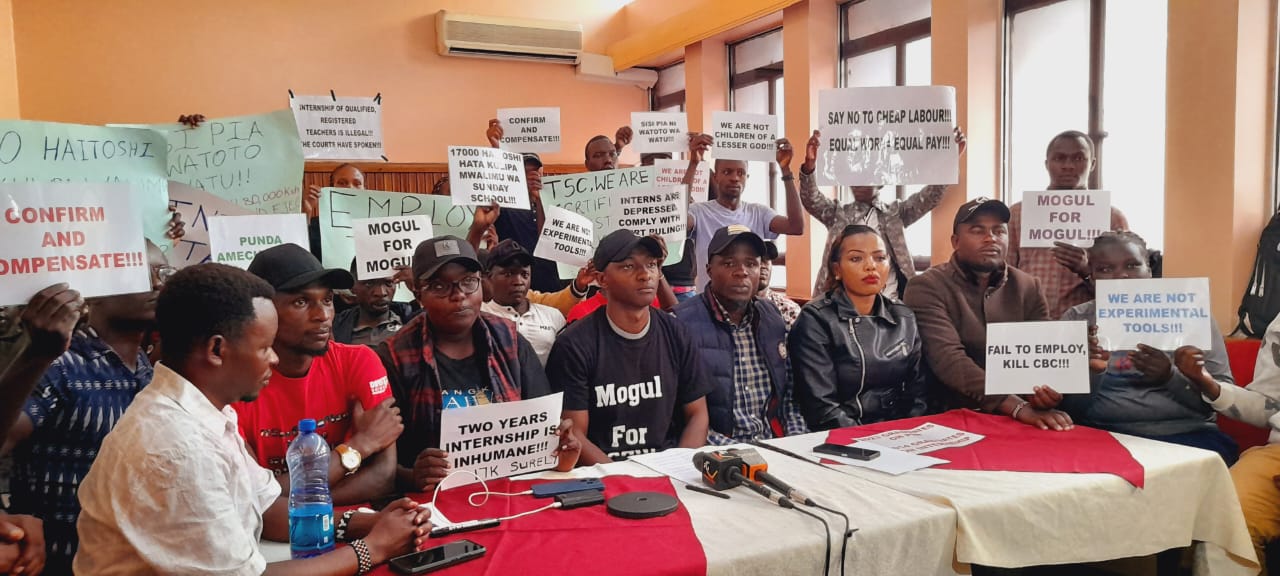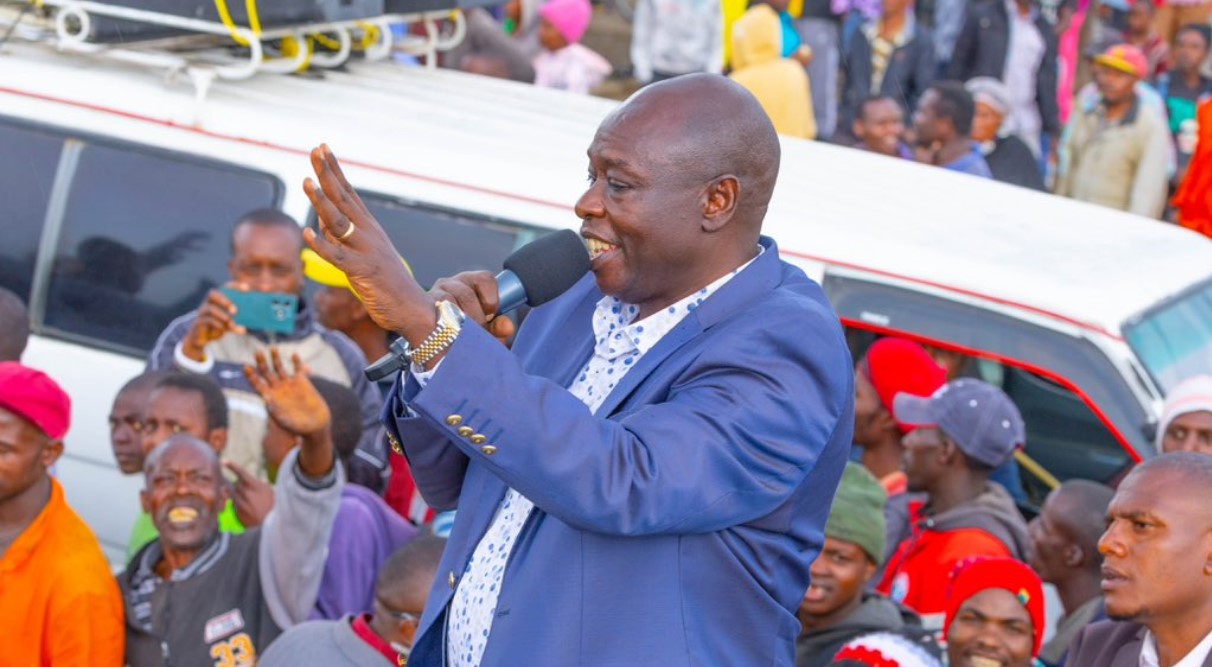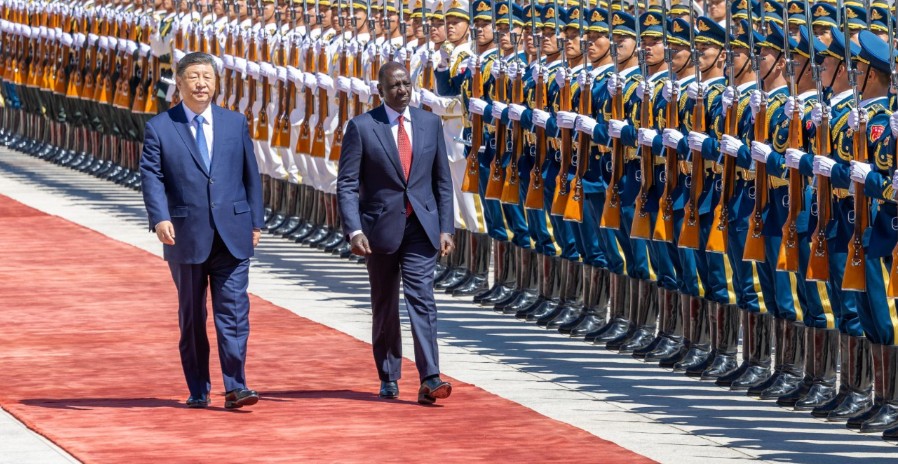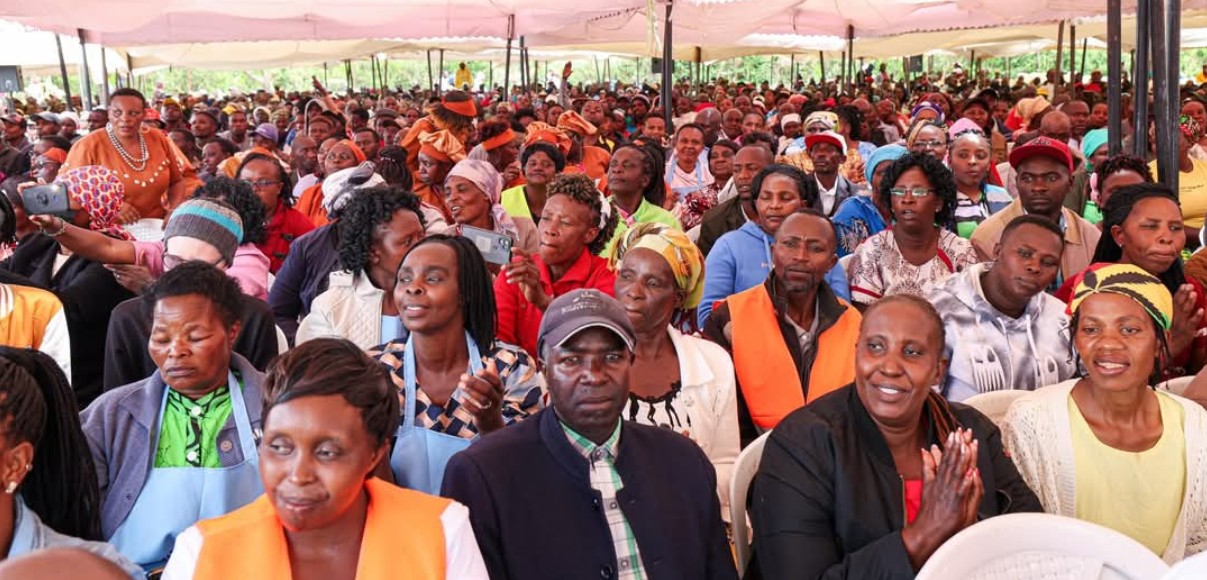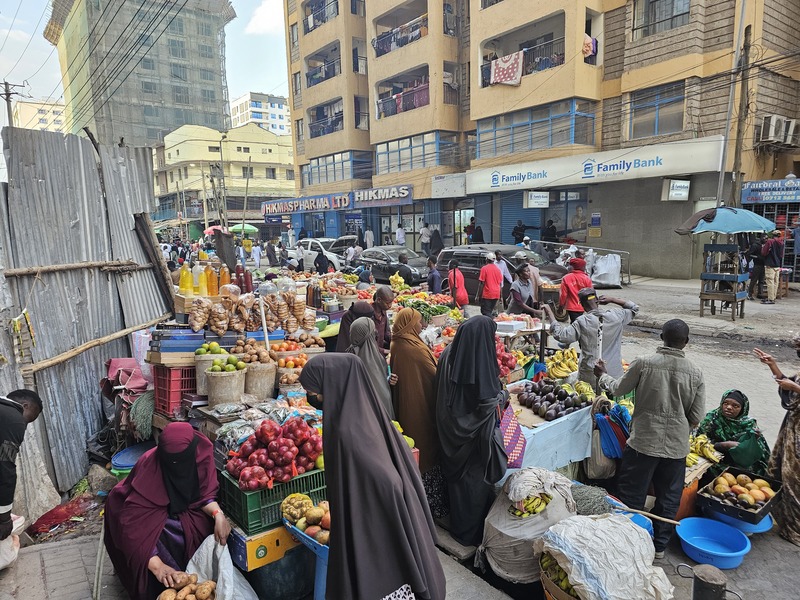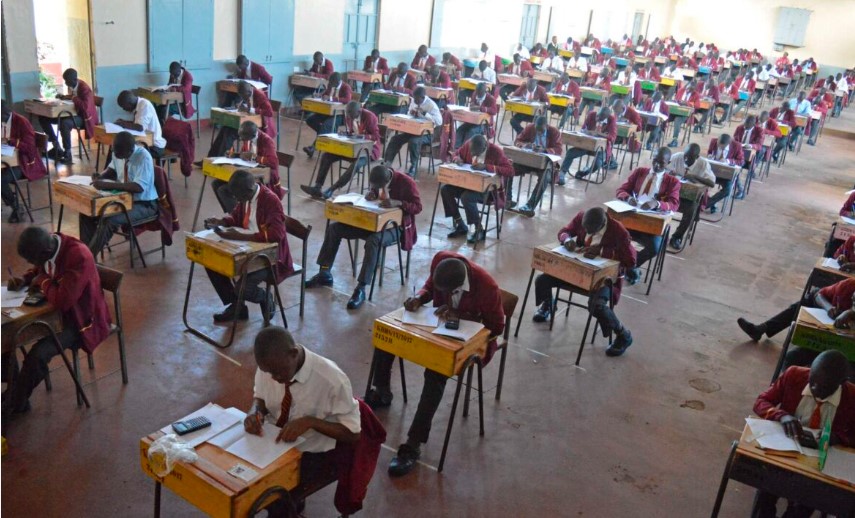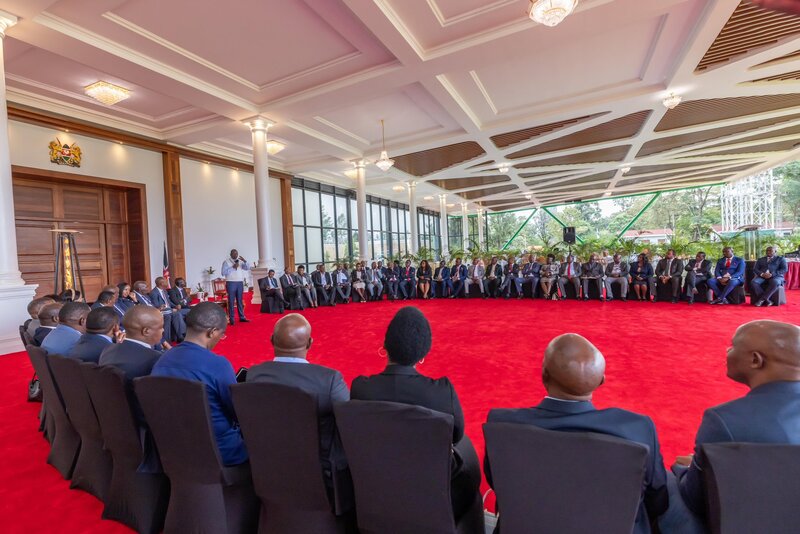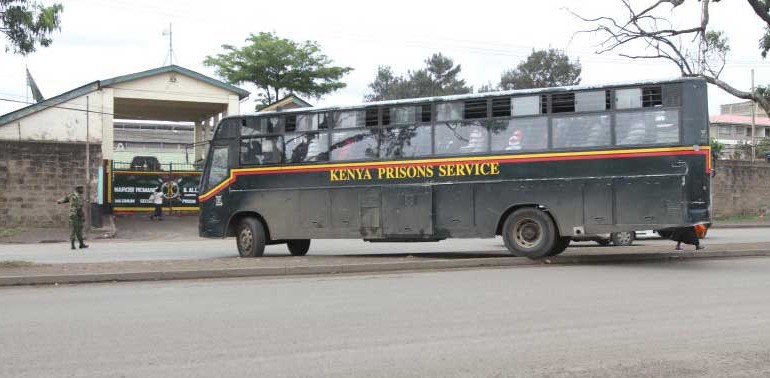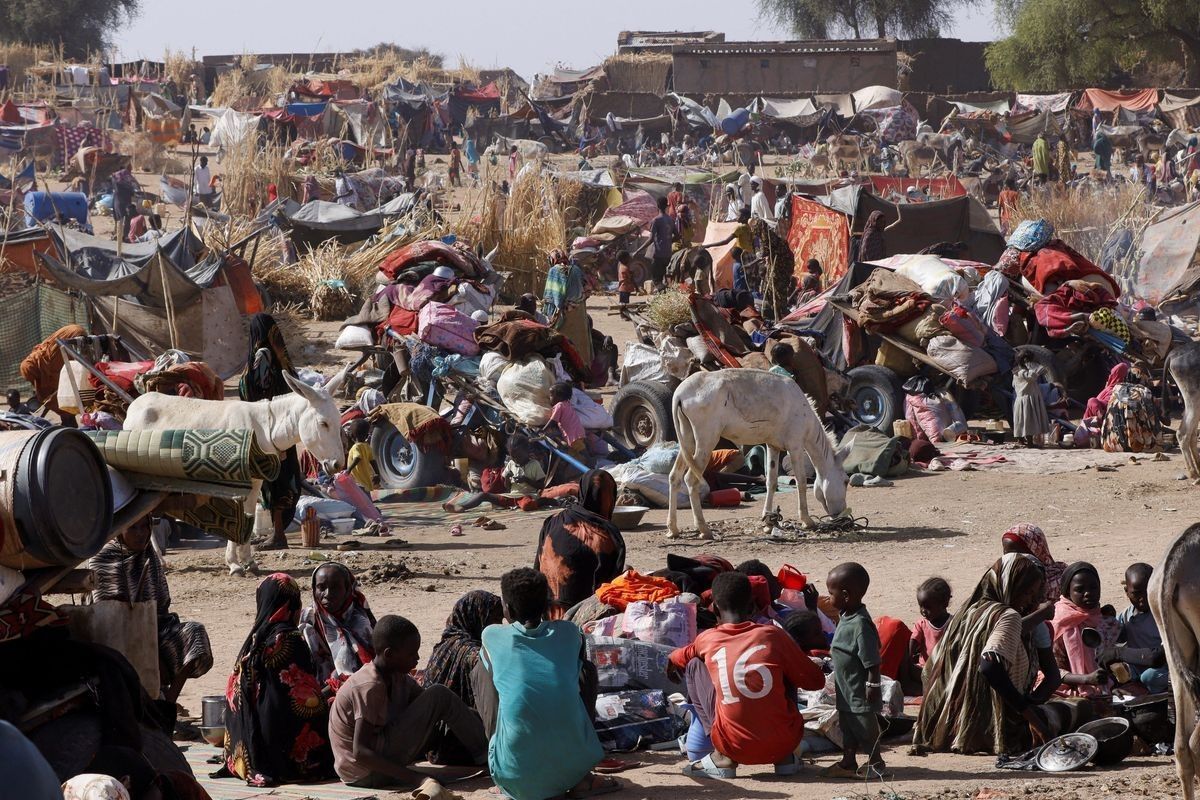Budget cuts jeopardise education for millions as key programmes struggle with shortfalls
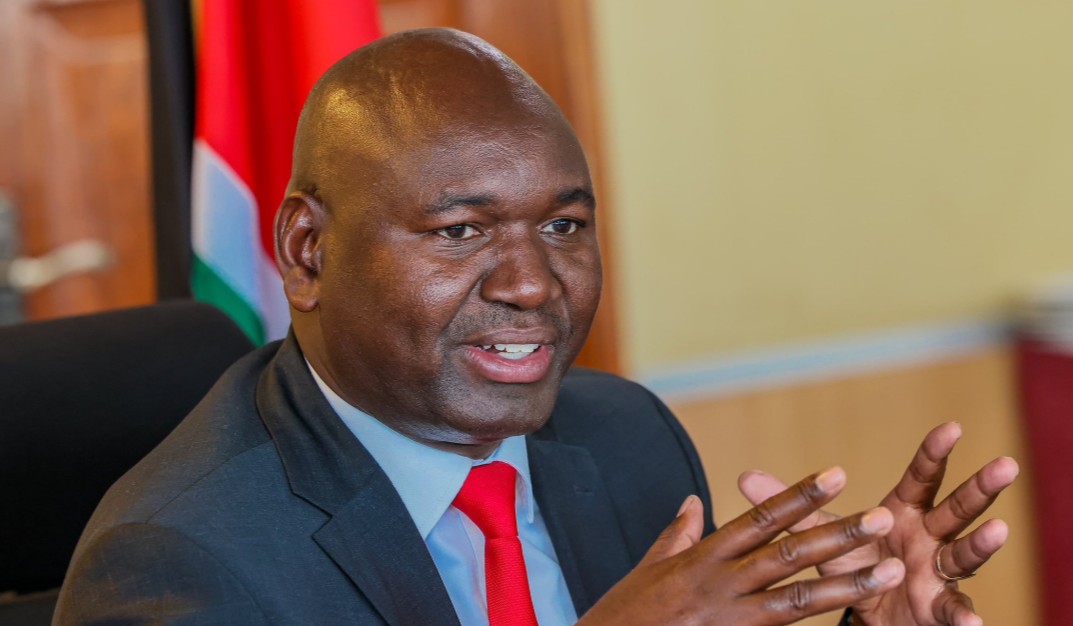
Members of Parliament resolved to summon Treasury Principal Secretary Chris Kiptoo to explain the sharp budget cuts that have crippled critical programmes in the education sector.
Millions of learners, both in primary and secondary schools, risk disruption to their education following budget cuts in the 2025/26 financial year, with essential programmes such as the school feeding programme and Kenya National Examinations Council (KNEC) facing severe funding shortages.
In its report to the National Assembly Departmental Committee on Education and Research on the Budget Estimates for the FY 2025/26, the State Department for Basic Education said it had identified several priority projects that were either grossly underfunded or received no allocation at all due to budget constraints.
More To Read
- Kenya’s basic education institutions surge by 39pc in 2024 as junior schools drive expansion
- Government allocates extra Sh45bn to KDF, teachers and police in 2025/26 budget
- Public schools to receive Sh21 billion capitation funds from Monday
- Inside Sh39 billion new funding to boost refugees’ education in Africa
- TSC: Over 360,000 teachers face healthcare uncertainty as SHA declines onboarding
- National schools to offer all three CBC career pathways starting 2026
“The State Department would wish to bring to the attention of the committee the projects which we have identified as priority but did not secure adequate funding owing to budget constraints. Some of these projects are grossly underfunded while others did not receive any allocation,” Education Principal Secretary Julius Bitok said.
Among the most affected programmes is free primary education, which has been allocated Sh7.908 billion against a requirement of Sh9.725 billion, resulting in a deficit of Sh1.817 billion.
According to the department, the shortfall means that 656,512 learners will not receive capitation, or all 6,568,201 learners will be funded at a reduced rate of Sh1,278 instead of the recommended Sh1,420.
This includes a top-up for 117,565 learners with special needs at Sh2,300 per learner and a boarding fee for 39,056 SNE learners at Sh11,650.
The free day secondary education programme was allocated Sh54.88 billion, far below the requested Sh76.73 billion, leaving a Sh21.85 billion shortfall. The department notes that this affects capitation for 3,244,325 learners at Sh22,244 per student, as well as 9,243 special needs learners who require Sh50,772 each.
Bitok warned that over 900,000 students will not be covered under the FDSE programme due to the funding gap.
The report reveals that 982,197 students will not be provided for under FDSE.
Junior secondary education, a key pillar of the Competency-Based Curriculum rollout, faces a Sh18.8 billion shortfall after the proposed 2025/26 budget reduced its allocation to Sh30.6 billion from the Sh45.669 billion approved in the 2025 BPS.
The department said the funding is inadequate to support the targeted 3,287,450 junior secondary learners and 7,686 SNE learners.
“The actual capitation requirement under this programme stands at Sh49.7 billion, including Sh244.75 million for learners with special needs and disabilities. This funding is meant to cater for 3,215,160 learners in the third term of 2025 and 3,313,233 learners in the first and second terms of 2026. Capitation is pegged at Sh15,042 per learner, with a top-up of Sh35,730 for those with special needs,” the department said.
The school feeding programme, aimed at supporting 2.6 million needy learners in ASAL and urban slum areas for 180 days, has been allocated only Sh3 billion out of the requested Sh7.21 billion, leaving a Sh4.21 billion shortfall.
The budget for school examinations and invigilation was entirely unfunded. The department had requested Sh12.58 billion, with Sh3.57 billion needed for administering the inaugural Kenya Junior School Education Assessment (KJSEA) and an additional Sh9.1 billion for KCSE, KPSEA, and School-Based Assessments (SBA).
The Kenya National Examinations Council (KNEC) has also been allocated Sh667 million out of a Sh1.18 billion requirement, resulting in a Sh513 million deficit.
According to the report, the council previously relied on income from administering TVET exams, but this mandate has since been transferred to the TVET CDACC, significantly cutting its revenue.
Other critical projects that did not receive any funding include the operationalisation of Education Assessment and Resource Centres (EARCs), where the department had requested Sh327.47 million to establish centres in six counties.
The maintenance of accommodation hostels at the Kenya Education Management Institute also went unfunded, despite a request of Sh90 million.
Additionally, no funds were allocated for Kenya’s participation in the 43rd UNESCO General Conference in Uzbekistan, for which Sh50.78 million had been requested.
The Smart Access Programme, aimed at enhancing remote learning in ASAL regions, received nothing out of the Sh450 million sought. Similarly, the proposed construction of the Education Resource Centre at KICD was denied the requested Sh500 million.
The plan to construct and equip the National Psycho-Education Assessment Centre also failed to secure the Sh120 million required.
Infrastructure improvements have also suffered major setbacks. Primary schools’ infrastructure has received Sh167 million against a Sh350 million requirement, and secondary schools have been allocated Sh480 million out of the Sh1.92 billion requested.
Teacher training colleges got only Sh100 million, falling short of the Sh300 million needed to upgrade four diploma colleges and improve infrastructure in 35 TTCs.
Bitok warned that unless additional funds are provided, the department may not deliver on key education objectives.
“Honourable chair and honourable members, in conclusion, we are grateful for the continued support the State Department has received, however, the areas we have identified as key underfunded areas are critical to the achievement of our mandate,” he said.
Members of Parliament resolved to summon Treasury Principal Secretary Chris Kiptoo to explain the sharp budget cuts that have crippled critical programmes in the education sector.
Bitok revealed that the Ministry of Education was not consulted before the budget cuts, which have left the State Department for Basic Education unable to meet key obligations.
Top Stories Today
